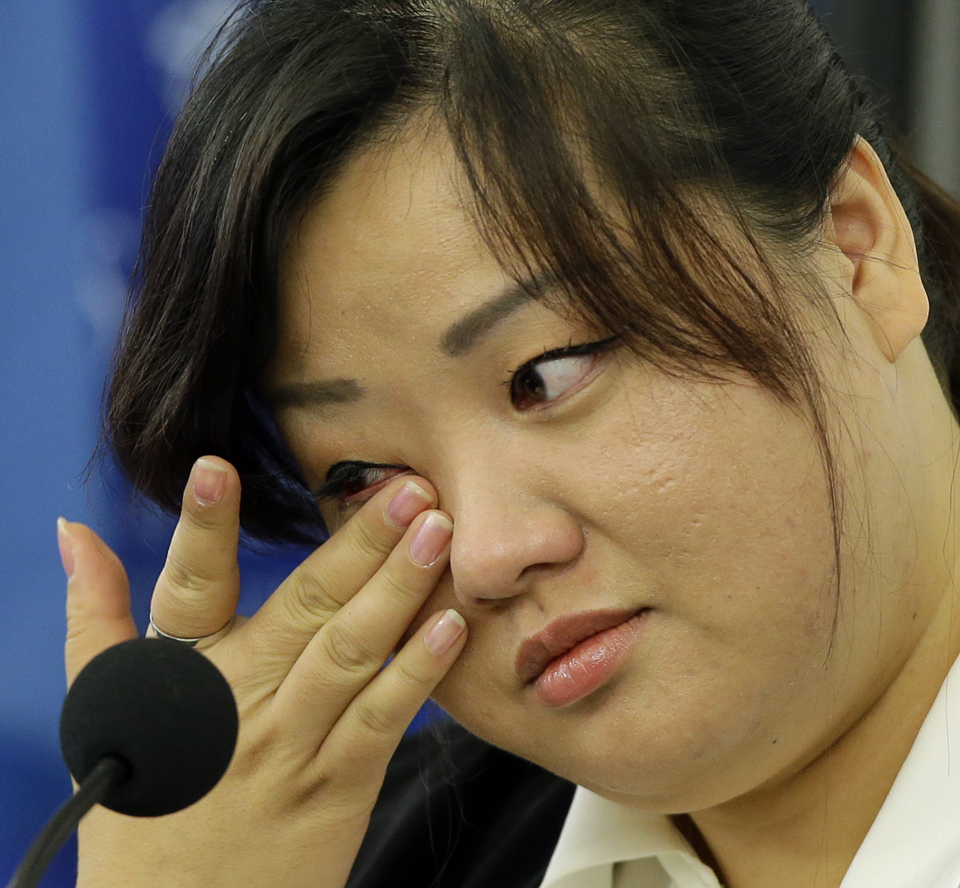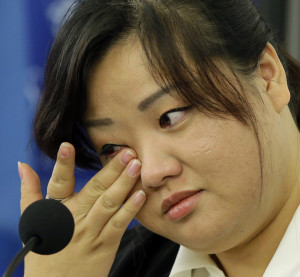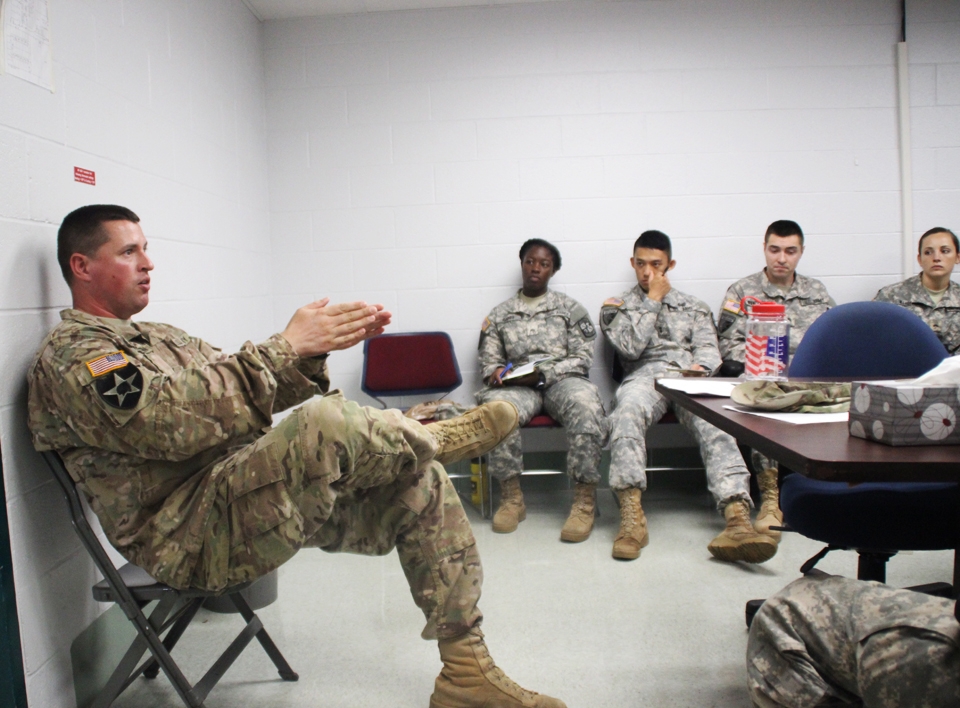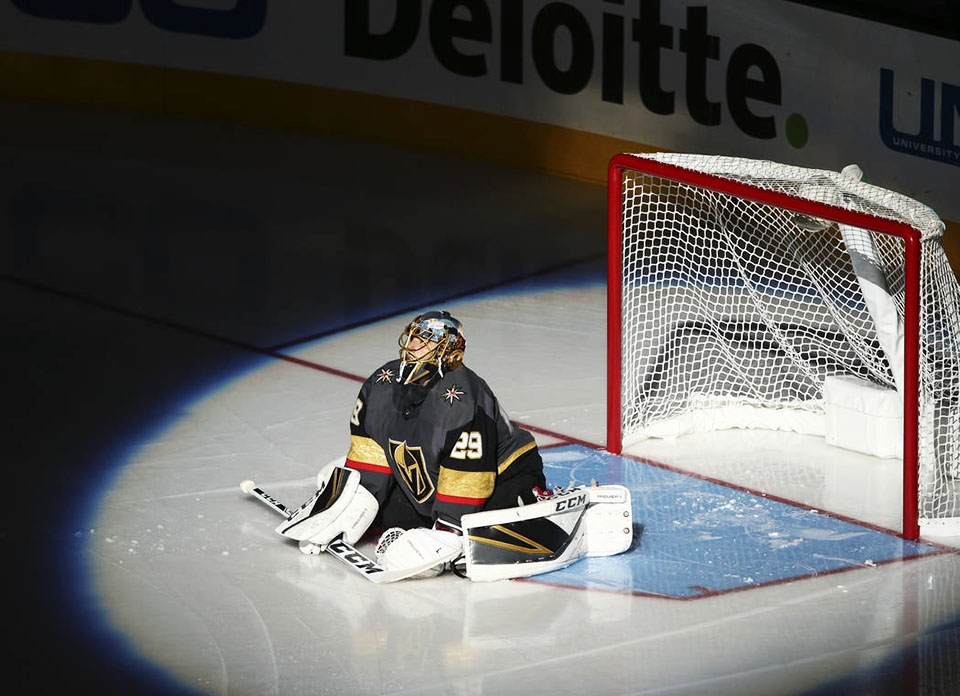

By Pat Higgins | Asst. Sports Editor
Graphic narratives of deliberate and widespread human rights violations surfaced in a report from the United Nations Human Rights Council on Monday.
Considered the most detailed account of human violations ever out of North Korea, the report relayed the fundamental evils of Kim Jong-un’s regime.
In a press conference following the report’s release on Monday, commission chair Michael Kirby said the commission came to a unanimous decision that there is “abundant evidence” of crimes against humanity in North Korea.
The 374-page report outlined a laundry list of human rights violations and crimes against humanity, including testimonies of political prison camps that “resemble the horrors of camps that totalitarian states established during the 20th century.”
“I do expect that the report will galvanize action on the part of the international community,” Kirby said, identifying such crimes as “the product of the great anxiety that befell the world after the second World War, when terrible wrongs were done to civilian populations in an organized and orchestrated way with violence against citizens and deliberately and as a state action.”
It may well stimulate increased opposition to the North Korean regime, but the Rev. John Sawicki, director of Duquesne’s international relations department, is anticipating a significant response from the North Koreans.
“Now that they’re sort of slapped in the face with this, which is quite strong action by the standards of international relations, look for a major challenge from the North Koreans on some aspect of militancy, probably restarting their nuclear weapons program,” he said.
On March 21, 2013, the Human Rights Council established the commission and mandated a full investigation of “systematic, widespread and grave violations of human rights in the state,” according to the 36-page summary released on Monday.
In the months following, the commission gathered evidence from more than 80 witnesses who agreed to testify publicly to provide information of “great specificity, detail and relevance” and over 240 additional interviews from confidential victims and witnesses.
The commission reached out to representatives of the DPRK regime to appear at public hearings conducted in Seoul, Tokyo, London and Washington D.C. between August and October, but received no reply. In a letter dated May 10, 2013, the DPRK indicated they would “totally reject and disregard” the findings of the commission, according to the summary from the United Nations.
The principal conclusions of the commission revealed gross violations of human rights in nine specific areas, ranging from violations of the right to food, life, the freedom of expression and the freedom of movement to torture and inhuman treatment, violations associated with prison camps, discrimination and enforced disappearances.
In addition to these systematic violations of human rights, the commission also received information which established that crimes against humanity have been committed in North Korea. These crimes entail “extermination, murder, enslavement, torture, imprisonment, rape, forced abortions and other sexual violence, persecution on political religious, racial and gender grounds, the forcible transfer of populations, the enforced disappearance of persons and the inhuman act of knowingly causing prolonged starvation,” according to the report.
In a letter to the DPRK’s Supreme Leader Kim Jong-un, Kirby wrote, “Even without being directly involved in crimes against humanity, a military commander may be held responsible for crimes against humanity committed by forces under the commander’s effective command and control.”
But despite Kirby’s attempt at some form of correspondence with the DPRK’s leader, experts do not anticipate Jong-Un to appear in front of a judge anytime soon.
Political science professor Dr. Clifford Bob admitted the value in the report, but did not anticipate much grief from the isolated Asian nation.
“I don’t think that North Korea will be very affected by it,” he said. “Without major political upheaval in North Korea or some kind of international military effort, I don’t see him appearing before an international criminal court anytime soon.”
The report catalogued conditions under which the regime denies its people the rights to freedom of thought and movement in which those most loyal to the government are rewarded and those disloyal are punished heavily. It reveals that the State has used food as a means of population control and starvation as a means of “control and punishment in detention facilities” and estimates that hundreds of thousands of prisoners have perished under these conditions in the past five decades.
It also outlines the use of torture and instances of the disappeared, persons accused of engaging in political crimes who are detained in camps without trial or judicial order.
Sawicki indicated that although the Supreme Leader oversees this display of totalitarian power on a daily basis, his capture is near impossible.
“Unless you actually physically have somebody grab these people, [Kim Jong-Un]’s got 1.5 million troops surrounding him. They’re not going to cough him up,” he said. He continued that North Korea’s average import bill in years past has amounted to around $300 million, most of which is distributed among the country’s elites, last year’s bill in the leader’s first year totaled more than $600 million.
Sawicki said he thinks Kim Jong-Un is “ pretty well-assured that the army and other rings of national power will be supportive of him. I don’t think anyone’s going to grab this guy inside of North Korea and cough him up to the international criminal court.”



